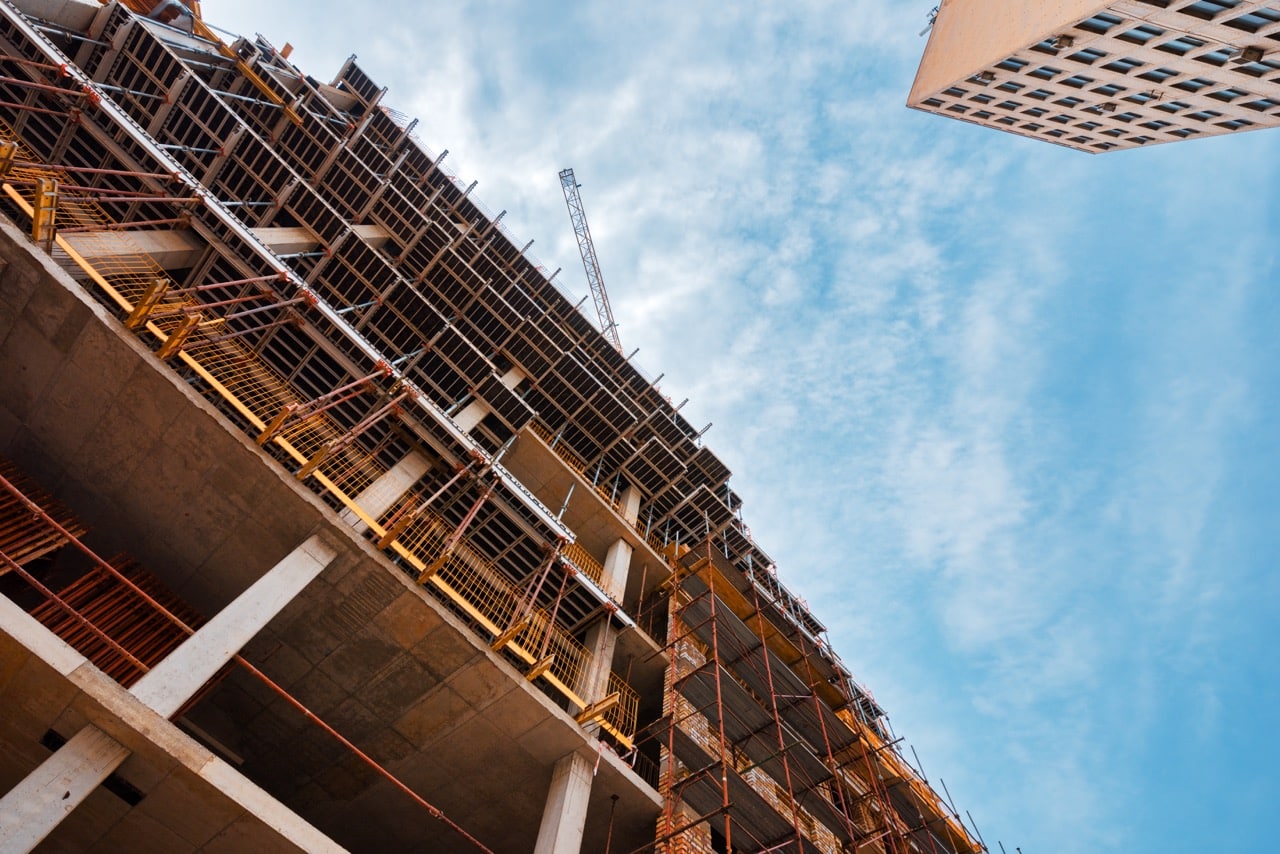03 Jul 2023
Enhancing Efficiency: Innovative Building Supplies for Faster Construction in the UK
The construction industry in the United Kingdom has witnessed a significant shift towards efficiency and productivity in recent years.

Introduction
The construction industry in the United Kingdom has witnessed a significant shift towards enhancing efficiency and productivity in recent years.
With the growing demand for faster construction timelines and sustainable practices, builders and contractors are constantly on the lookout for innovative building supplies that can streamline their processes.
In this article, we will explore some of the cutting-edge products, tools and materials that are revolutionising the construction sector in the UK, enabling faster and more efficient building projects.
1. The Role of Innovative Building Supplies in Construction
Construction materials and supplies play a crucial role in determining the efficiency of a building project.
By incorporating advanced technologies and sustainable practices into the manufacturing process, suppliers are now able to offer products that meet the evolving needs of the construction industry.
These innovative building supplies not only enhance efficiency but also contribute to cost savings and environmental sustainability.
2. Prefabricated Modular Systems: A Game-Changer
2.1 Advantages of Prefabrication
Prefabricated modular systems have emerged as a game-changer in the construction industry. These systems involve the off-site manufacturing of building components, which are then transported and assembled on-site. This approach significantly reduces construction time, as various elements of a structure can be fabricated simultaneously, while the site is prepared.
2.2 Benefits of Modular Construction
Modular construction offers customers several benefits, such as a range of building materials, increased speed of construction, reduced material wastage, improved quality control, and enhanced safety. The use of standardised modules ensures precise fitting and faster installation, resulting in shorter project timelines and cost savings for customers.
2.3 Examples of Modular Building Supplies
Notable examples of innovative modular building materials and construction supplies include precast concrete panels and blocks, steel-framed modules, and volumetric units. These materials are manufactured off-site with high precision and can be quickly assembled on the construction site, accelerating the building process without compromising on structural integrity.
3. Advanced Building Envelope Systems
3.1 Importance of Building Envelope
The building envelope, comprising walls, roofs, windows, and insulation, is vital for ensuring energy efficiency and maintaining a comfortable indoor environment.
Advanced building envelope systems integrate wide range of innovative materials and technologies to optimise thermal performance, minimise air leakage, and enhance overall energy efficiency.
3.2 High-Performance Insulation Materials
Innovative insulation materials, such as aerogel-based products and vacuum panels, offer significantly higher thermal resistance compared to traditional insulation materials.
These advanced solutions help reduce heat loss and minimize energy consumption, contributing to sustainable and energy-efficient buildings.
3.3 Dynamic Glazing Solutions
Dynamic glazing solutions, such as electrochromic or thermo-chromic windows, are gaining popularity due to their ability to adapt to changing light and heat conditions.
These smart windows can automatically adjust their tint or transparency, reducing the need for artificial lighting and air conditioning, and improving occupant comfort and energy efficiency.
4. Sustainable and Recycled Building Materials
4.1 Importance of Sustainable Materials
Sustainable construction practices are becoming increasingly important to reduce the industry’s environmental footprint. The use of recycled and eco-friendly materials helps conserve natural resources, minimise waste generation, and lower carbon emissions associated with traditional construction.
4.2 Recycled Concrete and Steel
Recycled concrete and steel are examples of sustainable building materials that have gained popularity in recent years. These materials are produced by processing and reusing waste materials from demolished structures. Incorporating recycled content into construction projects not only reduces the demand for virgin materials but also diverts waste from landfills.
4.3 Timber as a Renewable Resource
Timber is a renewable resource that offers great a wide range of both environmental and aesthetic benefits. Engineered wood products, such as cross-laminated timber (CLT), provide a sustainable alternative to traditional building materials. CLT offers excellent structural performance and can be used in various applications, including walls, floors, and roofs.
Conclusion
Innovative building supplies are transforming the construction industry in the UK by enabling faster and more efficient building projects. Prefabricated modular systems, advanced building envelope systems, and sustainable construction materials are just a few examples of the cutting-edge solutions that are revolutionising the way buildings are designed and constructed.
By embracing these innovations, builders and contractors can enhance project efficiency, reduce project timelines, and contribute to a more sustainable future.
FAQs (Frequently Asked Questions)
- Q: How do prefabricated modular systems reduce construction time? A: Prefabricated modular systems involve off-site manufacturing of building components, allowing for simultaneous fabrication and faster on-site assembly.
- Q: What are the advantages of using advanced building envelope systems? A: Advanced building envelope systems optimise energy efficiency, minimise air leakage, and enhance thermal performance, resulting in reduced energy consumption and improved comfort.
- Q: How do sustainable construction materials contribute to environmental sustainability? A: Sustainable construction materials, such as recycled concrete and timber, help conserve natural resources, minimise waste generation, and lower carbon emissions associated with traditional construction.
- Q: Are innovative building supplies cost-effective? A: While some innovative building supplies may have a higher upfront cost, they often result in long-term cost savings due to reduced construction time, improved energy efficiency, and lower maintenance requirements.
- Q: How can builders and contractors incorporate sustainable practices into their projects? A: Builders and contractors can adopt sustainable practices by using recycled materials, optimising energy efficiency, reducing waste generation, and promoting environmentally conscious construction methods.



